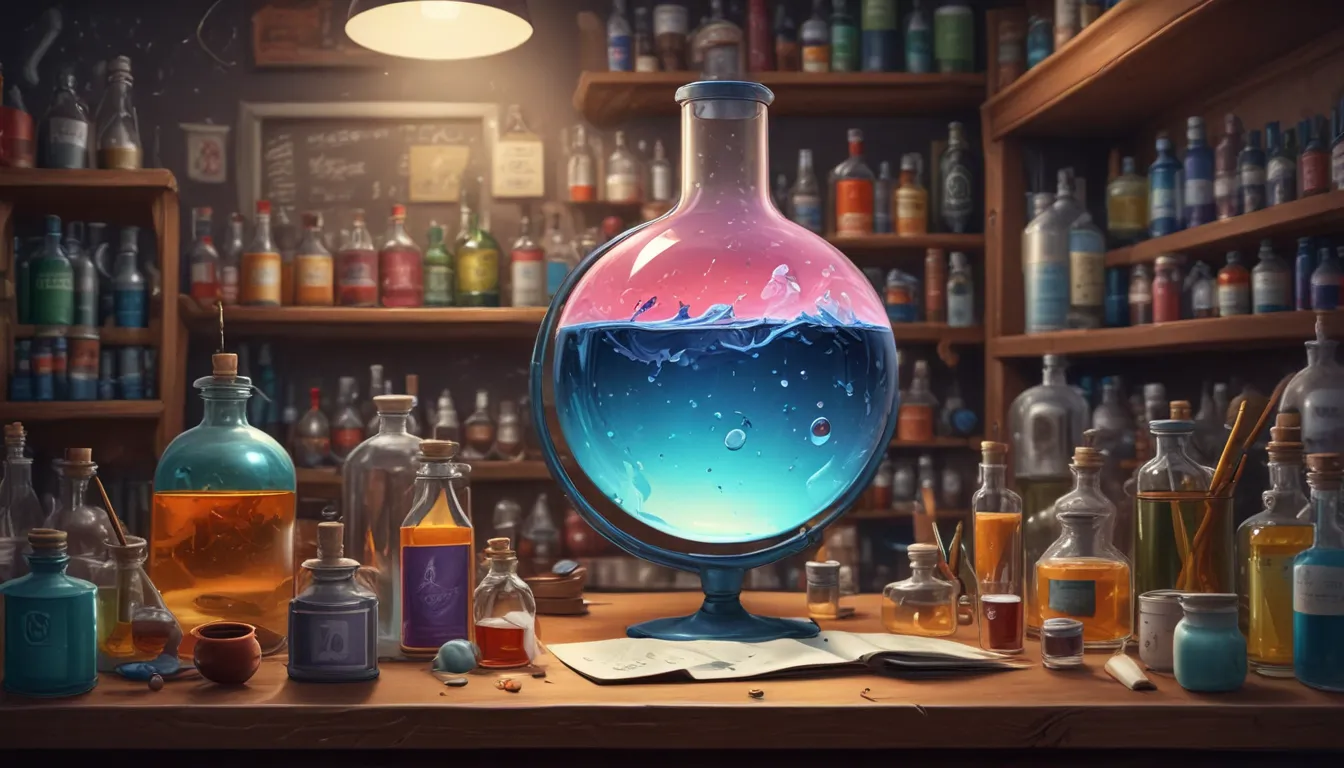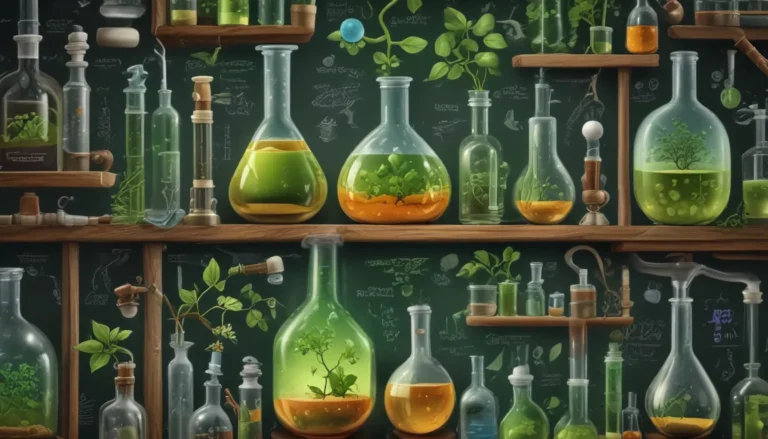A Note About Images: The images used in our articles are for illustration purposes only and may not exactly match the content. They are meant to engage readers, but the text should be relied upon for accurate information.
Are you curious about the unsung heroes that make our everyday products and processes possible? Solvents are versatile substances that play a crucial role in industries ranging from pharmaceuticals to manufacturing. Despite their significance, solvents often go unnoticed in our daily lives. In this article, we will take a deep dive into the captivating world of solvents and uncover 18 surprising facts about them. From their origins and uses to their impact on the environment, these facts will shed light on the pivotal role that solvents play in shaping our modern world. So, buckle up and get ready for an enlightening journey through the intriguing realm of solvents!
Exploring the Versatility of Solvents
- Solvents are versatile substances used in everyday life and industries, from cleaning products to pharmaceuticals. They can be natural or synthetic, and their properties impact their wide range of applications.
- Solvents play a crucial role in extracting essential oils, formulating medications, and producing paints and coatings. They can be environmentally friendly and enhance industrial processes, but proper handling is essential due to potential health risks.
Solvents in the Pharmaceutical Industry
- Various solvents, such as ethanol and acetone, are essential for extracting active ingredients, formulating medications, and synthesizing pharmaceutical compounds.
Natural vs. Synthetic Solvents
- While substances like water and ethanol occur naturally, many solvents, including toluene and chloroform, are chemically synthesized.
Understanding Solvent Polarity
- Polarity determines a solvent’s ability to dissolve polar substances. Solvents are classified as polar, non-polar, or semi-polar based on their molecular structure.
Volatility of Solvents
- Volatility refers to a solvent’s ability to evaporate quickly. Volatile solvents find extensive use in industries such as paint, automotive, and cleaning products.
Eco-Friendly Solvents
- With growing environmental concerns, eco-friendly solvents made from renewable resources and with low toxicity are gaining popularity as sustainable alternatives.
The Role of Solvents in Various Industries
- Solvents play a significant role in the production of paints and coatings, chemical products, perfumes and fragrances, adhesives, sealants, polymers, and plastics.
Therapeutic Uses of Solvents
- Compounds like dimethyl sulfoxide (DMSO) are utilized as a vehicle for drug delivery due to their ability to penetrate the skin effectively.
Health Risks and Safety Measures
- Solvents can pose health risks if not handled properly. Some solvents have toxicity and can cause harmful effects if exposure occurs through inhalation, skin contact, or ingestion. Proper safety measures are crucial while working with solvents.
Solvents in Cleaning Applications
- Solvents like isopropyl alcohol and perchloroethylene are widely employed in cleaning processes, from degreasing machinery to removing stubborn stains.
Conclusion
The world of solvents is a vast and intriguing one, with applications that span across various industries and everyday activities. From their role in pharmaceutical production to their use in manufacturing processes and even art restoration, solvents are truly unsung heroes in our modern world. By understanding the characteristics and properties of solvents, we can ensure their safe and efficient usage. So, the next time you encounter a solvent, take a moment to appreciate its remarkable abilities and the vital role it plays in our lives.
FAQs
Q: What is a solvent?
A: A solvent is a substance capable of dissolving or dispersing other substances, resulting in the formation of a homogeneous mixture.
Q: Are all solvents liquid?
A: While most solvents are liquid, there are also gaseous and solid solvents. It depends on the specific chemical properties of the substance.
Q: Are solvents harmful to the environment?
A: Some solvents can have negative environmental impacts, especially if not handled or disposed of properly. Many solvents are volatile organic compounds (VOCs) and can contribute to air pollution.
Q: Can solvents be used in food and beverage products?
A: Solvents approved for food-grade applications are used in food and beverage processing. These solvents undergo strict quality and safety regulations to ensure they do not pose a risk to human health when used properly.
Get ready to embark on a journey through the captivating world of solvents and discover the remarkable versatility and impact of these chemical substances. Whether you’re interested in the science behind solvents or simply curious about their everyday applications, there’s something for everyone in this fascinating realm. So, embrace the knowledge and appreciation for solvents as you explore their surprising facts and delve deeper into their significance in our modern world.






